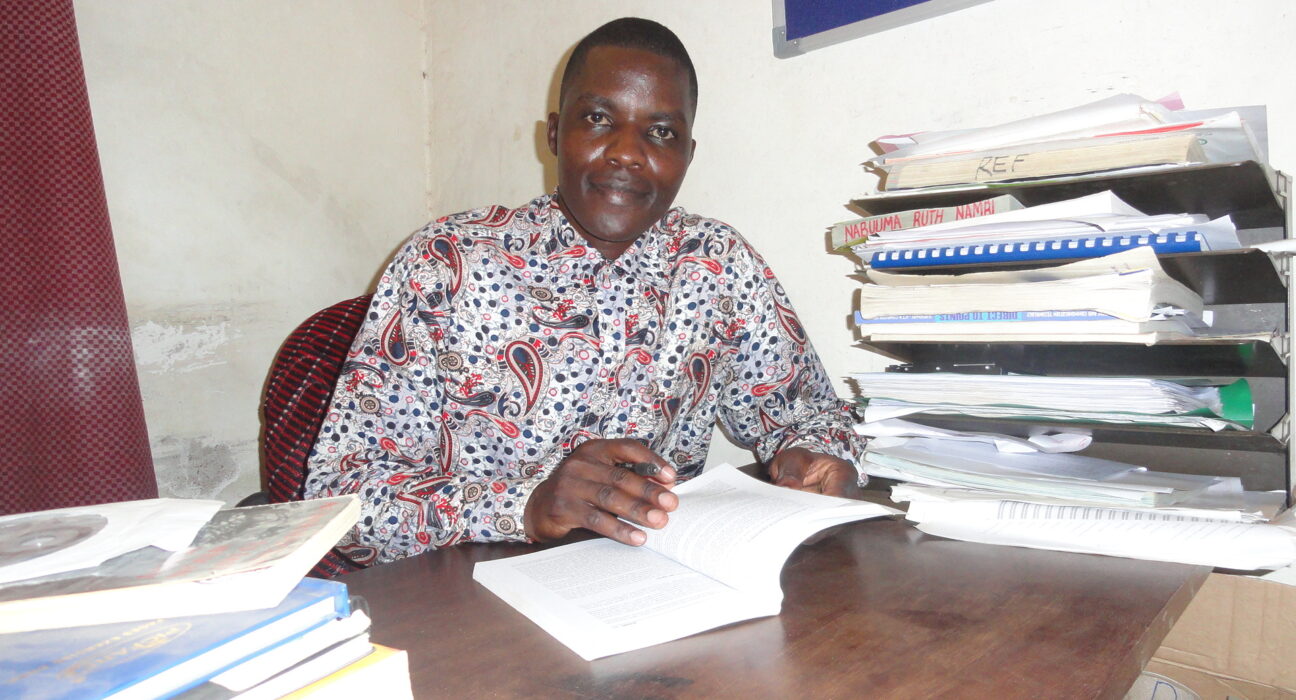By Enock Kibuuka
It is now sixty years since Uganda became an independent state. Uganda’s socio-economic landscape has since metamorphosed seismically with political bellicosity and turmoil being a major characteristic, at least for the first thirty years after independence.
However, it is worth noting that, out of these sixty years of independence, the National Resistance Movement has had 36 years at the helm of the country. It would be gross ingratitude not to acknowledge the NRM in general and President Y. K. Museveni in particular for the many achievements that Uganda has registered over these years.
Uganda has transitioned from a state of economic limbo to a sizeable economy, eyeing middle-income status. However, it is not my intention to dwell on the NRM’s achievements. Rather, my focus is on the abyss in which our education sector finds itself.
Although the Government has tried to transform our education through a multitude of reforms, the sector is far from attaining its desired position. Systemic conundrums are still holding back all the well-intentioned government efforts.
There is general apathy regarding education as a concept and its role in transforming society. Regrettably, politics has become a source of economic survival. Education is given lukewarm attention. Despite a significant increase in enrollment ratios at all levels of education, low transition rates and high dropout rates are still biting deeply.
The 2013 education ministry report indicates that the transition rate from secondary school to university is at 35%, characterised by gender inequities, with fewer females than males joining university. Additionally, there’s an alarming dropout rate in universities, ranging between 30% and 34.8%, according to studies by UNESCO and Makerere University dons.
Furthermore, Uganda’s higher education sector is characterised by limited inclusion and participation as evidenced by the 6.8% Gross Enrolment Ratio (RER), according to the 2020 National Council for Higher Education report. This is far below the sub-Saharan African average of 16%, the average of 60% for the most developed countries and the 26% global average.
To get out of this quagmire, there is a need for our political leaders to re-orient themselves about the ideologies that inform their approach to governance. The Machiavellian ideology – that, in order to rule people and consolidate power, you must economically cripple them, offer them damn or blind education just to get average minds that you can control and manipulate, give them blind freedom to shift their focus from the excesses of the leadership, is outdated.
No education system can be better than the quality of its teachers. Nor can a country be better than the quality of its education.
We must develop a solid and globally meaningful philosophy that informs our education. Once this is done, the question of what to teach, how to teach, and the quality of teaching staff will be answered. This will also answer the question of the quality of educational infrastructure.
This philosophy should be anchored in our national ethical and moral values that define us as a nation. We should think of education as the means of developing our greatest abilities. Without revitalising our education sector, the idea of transforming Uganda from peasantry to a modern and prosperous country as envisioned by the Uganda Vision 2040, is rhetoric.
The writer is an education consultant









Leave feedback about this